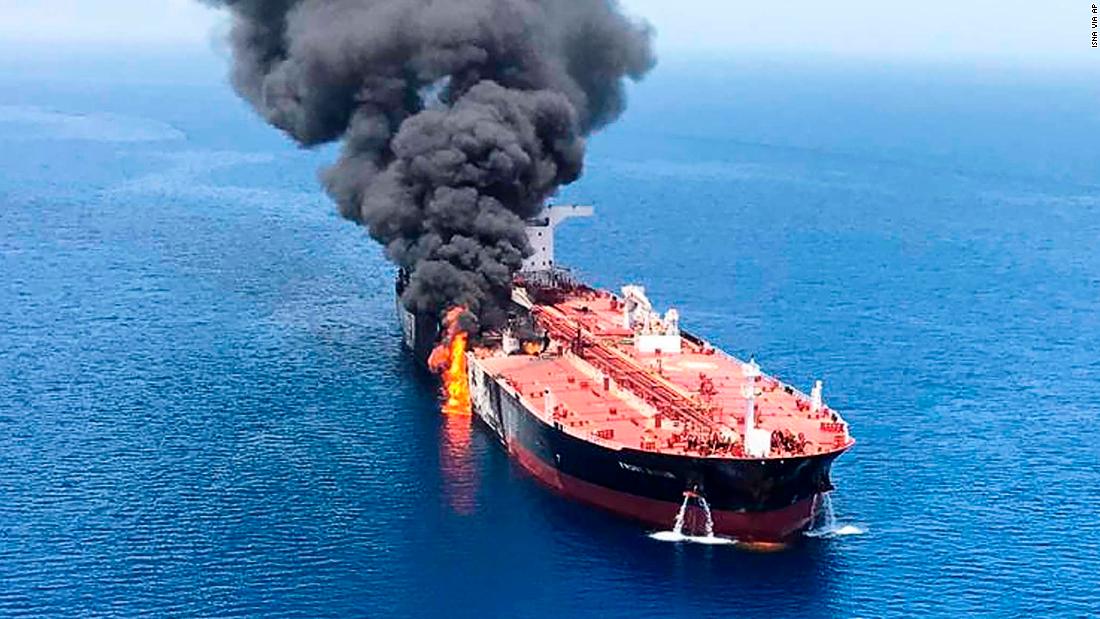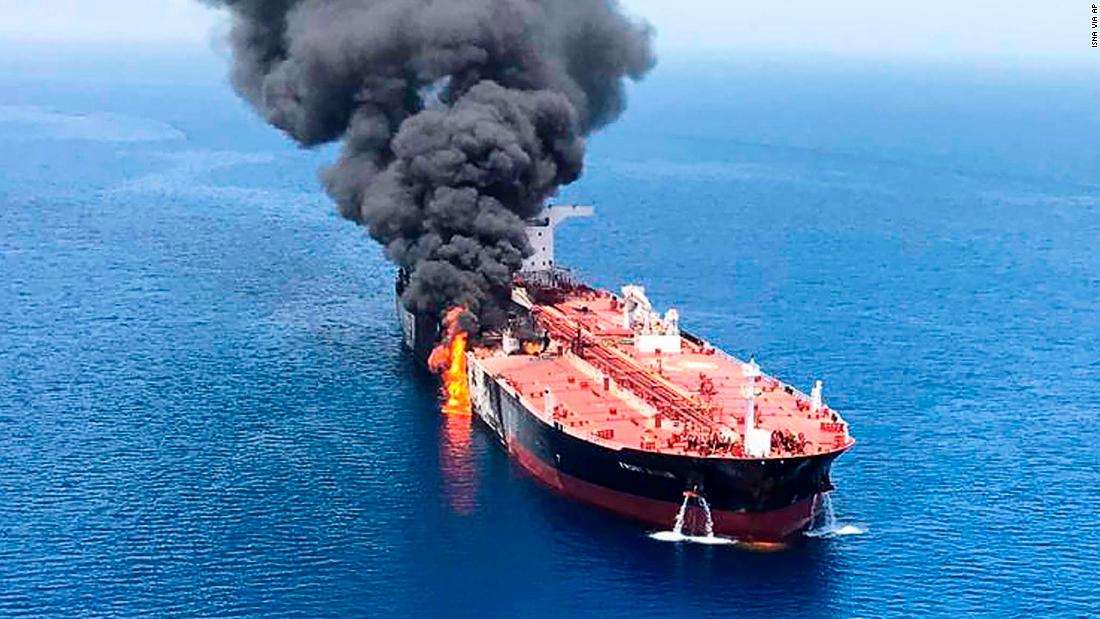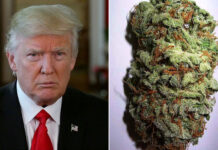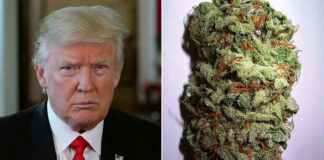
As the plumes rise from a brazen attack in the Gulf of Oman, oil brokers and diplomats are panicking about another lurch toward confrontation In the Middle East.
What happened is fairly clear — two tankers were struck as they sailed through this busy and strategic shipping lane — but why it happened and who did it is a lot less easy to explain, not least because it doesn’t appear to benefit any of the protagonists in the region.
Inevitably, similarities have been drawn between Thursday’s attacks and events a month ago, when four ships were targeted near the Emirati port of Furajah. For that, officials in Washington and beyond pointed the finger at Iran.
Thursday’s incident is significantly more blatant, but the same officials will doubtless blame Tehran again. If and when that happens, we should remember US National Security Advisor John Bolton promised to present evidence to the UN Security Council backing up those previous claims, but has yet to do so.
Who stands to gain?
Iran doesn’t appear to have a lot to gain. Say what you like about Tehran’s malicious intent, these incidents heighten the global drumbeat for greater isolation and boosts those who seek to apply military pressure on Iran. Its economy is in a bad condition. Before President Donald Trump pulled the US out of the JCPOA (colloquially known as the Iran nuclear deal), Tehran was at its peak of regional influence. With diminished economic resources, its potency is likely to wane.
The incidents also came in the middle of a visit to Tehran by Japan’s Prime Minister Shinzo Abe, apparently trying to mediate over the nuclear deal (although Tokyo says he’s not an envoy for Washington). The apparent attacks eclipsed the Abe visit, an unexpected bit of outreach to Iran by someone Trump calls a friend.
You could make a case for Iranian hardliners staging such an attack to derail peace efforts. But Iran’s hardliners — particularly the Revolutionary Guard — are normally a little smarter than to bomb international shipping lanes during a crucial diplomatic meeting. Iran’s chief moderate, Foreign Minister Javid Zarif, was right to point out that “suspicious doesn’t begin to describe what likely transpired this morning.” When one party is so easily blamed, it is likely blameless, or unfathomably stupid.
What else? Reuters has reported that Tehran has been scaling up its remaining petrochemical exports ahead of tightening sanctions. Could it be looking to boost the price of oil? Maybe. But at the same time, the shipping of that same oil is going to be disrupted, so they would likely lose out all the same. It is hard to imagine an Iranian hardliner smart enough to pull this sort of apparent attack off, without also realizing they would get immediately collared.















